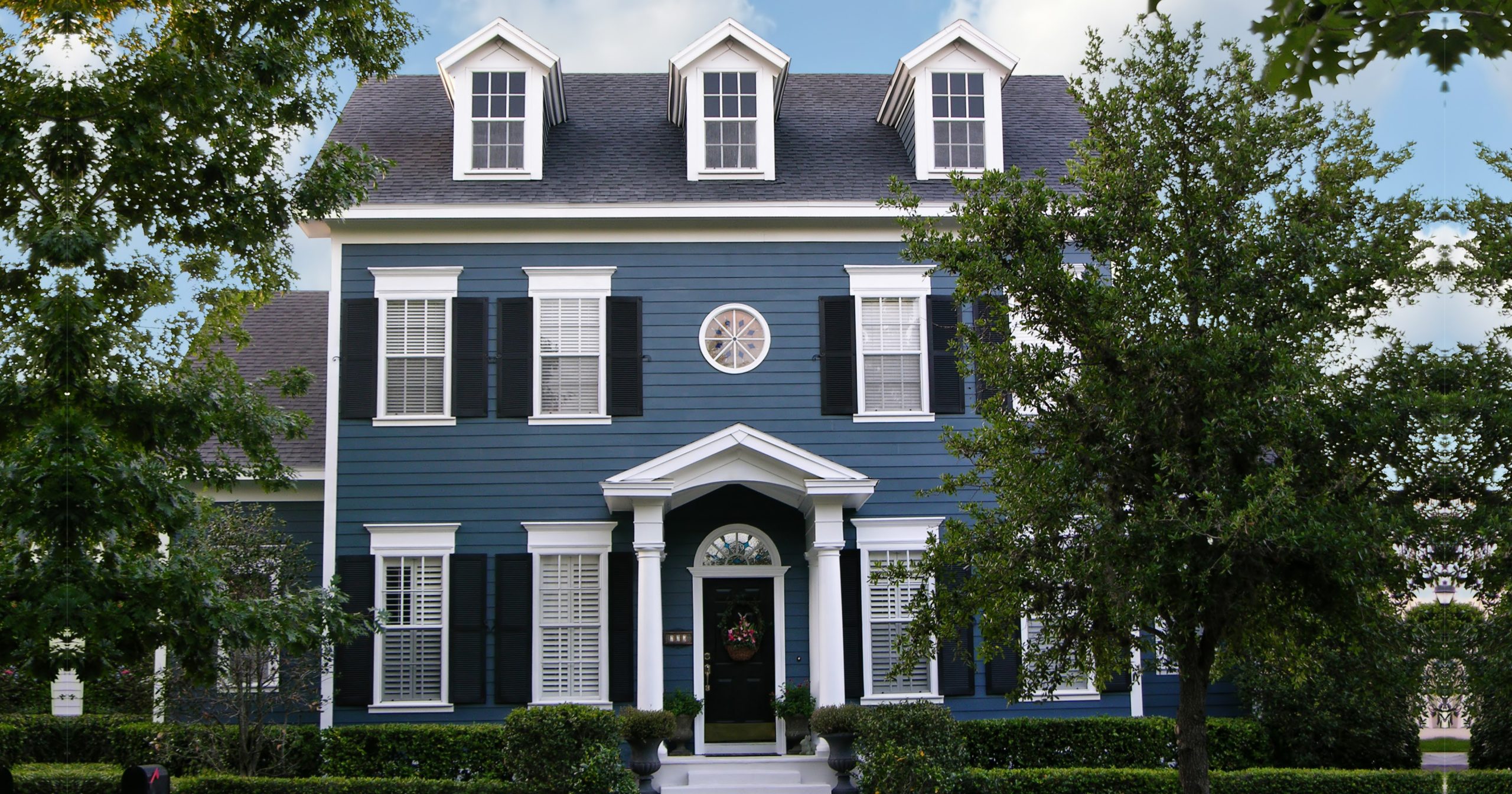
Owning a property in a historic neighborhood offers a unique chance to preserve and showcase your home’s historical significance. It can also be a valuable investment opportunity, since these properties tend to retain their value during slow periods in the real estate market. To better understand the pros and cons of this kind of investment, here’s what you should know.
It can be a rewarding opportunity.
Owning a historic home is a unique experience that can bring lovers of art and architecture closer to their communities and the past. In addition to owning a distinctive piece of history, you are often joining a community that’s committed to preservation. Historic properties exude compelling beauty and charm, while showcasing distinctive architectural elements that make them one of a kind. A historic property may also qualify for tax freezes, tax abatements or tax credits from local, county, state and the federal government — sometimes outright and other times applied against approved renovations. With all that said, there are some important things to consider before you invest in a historic property.
They often come with restrictions.
Historic neighborhoods may impose restrictions concerning changes you can make to your property. Such limitations may cover everything from paint to window replacements. You will need to contact your local planning authority for approval before beginning any renovations.
Areas recognized on the National Register of Historic Places typically don’t apply these constraints. However, locations on local or state lists often do. While they are limiting, these rules do have an upside, since they help protect you from unfavorable changes in neighboring properties.
You should learn about easements.
You can safeguard the historical character of your property by establishing a historical preservation easement. This legal provision applies constraints to potential changes to the house and mandates that future homeowners respect these rules.
You will usually pay a government body or a certified preservation group to manage the easement. The cost may be eligible for a federal tax deduction. Before investing in a historic property, check if an easement exists and understand its implications and who oversees it.
Maintenance can be costly.
Historic properties stand the test of time due to their solid construction. Many people are surprised to learn that houses built in the 1980s often degrade faster than those constructed in the 1800s, depending on the initial craftsmanship and regularity of maintenance.
With all that said, no house is immune to the ravages of Father Time. Anytime you buy an older property, you might end up with significant repair and restoration costs. If you’re considering a historic property that requires significant work, you need to think about how you will pay for repairs.
Some state historic preservation offices are willing to offer grants or tax benefits for property owners, which can assist with the upkeep and repair of registered properties.
It may be tough getting insurance and financing.
Some lenders might not be willing to finance an old house that needs a lot of work. In certain cases, you might not be able to get a regular loan from the U.S. Department of Housing and Urban Development. If not, you might want to consider looking into a private HUD Title 1 loan for small fixes.
You could also think about getting rehab mortgage insurance, which can cover the cost of buying the house and leave a little money left over for some of the repair work. In the right circumstances, you may also be able to get a Fannie Mae HomeStyle Renovation mortgage to help finance the purchase and pay for any needed repairs.
Keep in mind that some insurance providers might be hesitant to cover old houses if they believe the repair costs will be high. But, if your house is registered with the federal government and doesn’t have any restrictions, you should have an easier time getting insured. Either way, plan on spending some extra time looking for the right homeowner’s insurance policy.
Old homes are, well, old.
While historic properties have uniquely intriguing character, it’s important to remember that old homes might not be able to meet your modern needs. You may not be able to install a high-tech kitchen or a big master bathroom. Plus, any updates you make could lower your home’s value, depending on its historical significance.
With that in mind, think about what you want before you decide to buy. Are you looking for a real estate investment or a home with unique character? Can you live without the latest gadgets, and how will any changes you make affect the home’s charm and selling price? Talk to your real estate agent about your goals, so you’re not surprised by the realities of living in an older home.

 Facebook
Facebook
 Twitter
Twitter
 Pinterest
Pinterest
 Copy Link
Copy Link
